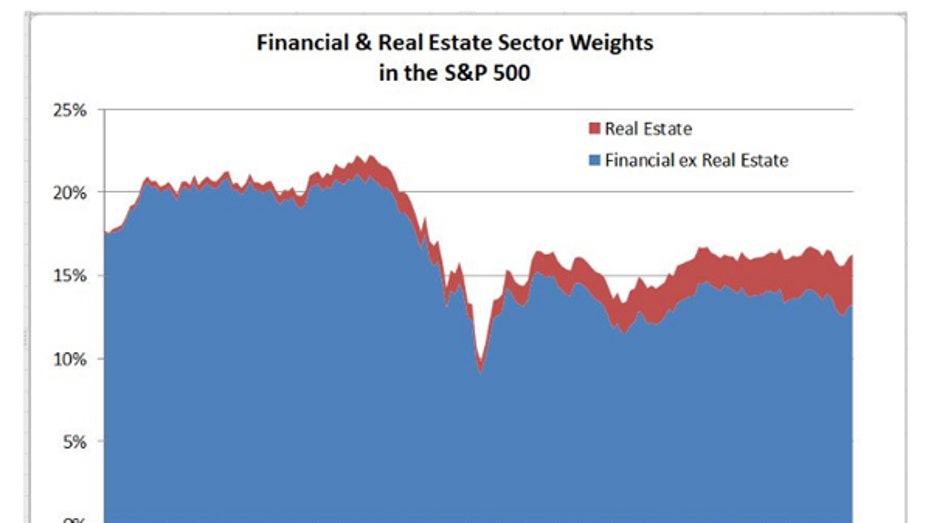Say Hello to Wall Street's New Real-Estate Sector

U.S. equity markets on Monday turned their focus to global central bank meetings, shrugging off geopolitical concerns after a manhunt for the perpetrator of terror attacks in New York and New Jersey over the weekend concluded with a suspect in custody.
As Wall Street’s major averages posted moderate gains, with the broader averages advancing about 0.25%, shares of defense companies that play a role in the war against terror-group ISIS climbed, including Lockheed Martin (NYSE:LMT), Boeing (NYSE:BA), General Dynamics (NYSE:GD), Northrup Grumman (NYSE:NOC).
While the impact of terror-related incidents tends to have a dampening impact on investor psychology, investors have become somewhat immune to singular acts, said Peter Kenny, senior market strategist at Global Markets Advisory Group.
“To a degree, investors and the markets have become inoculated [or] immune to lone actor acts of violence and terror. In the bigger picture, the acts of violent and terror that have punctuated the landscape globally have begun to have an additive effect on the collective mindset of investors,” he said.
Helping move the market higher in the session were gains in the financials, industrials, and energy sectors, which led nine of 11 S&P 500 sectors higher. Wall Street extended advances in global markets as investors focused on policy meetings from the Bank of Japan and the Federal Reserve taking place Tuesday and Wednesday.

Policy moves from the two key central banks could very well move in opposite directions, though uncertainty around the BoJ’s actions has stoked uncertainty in global markets. The BoJ is reported to be considering making negative interest rates a key component of future easing, while the Fed will discuss a prudent time to raise short-term interest rates.
Still, federal funds futures, a tool used to show Wall Street’s expectations for changes in monetary policy from the Fed, showed a 15% probability of a rate rise this month, with forecasts for a rate hike by the end of the year sitting at just above 50%.
Given a string of weak economic data, Nomura (NYSE:NMR) Chief U.S. Economist Lewis Alexander said he expects the Fed to punt yet again on rate hikes at the conclusion of its two-day meeting this week, though given recent comments from Fed officials, a rate increase can’t be completely ruled out.
“The economy’s performance in the first half of the year was relatively weak. There is some evidence of a pickup in recent months, but the latest data suggest that activity slowed at the end of the summer. We think the FOMC will need to see a more sustained acceleration of economic activity before raising rates again,” Alexander said.
The dollar index, which measures the greenback against a handful of global currencies, slipped 0.29% in recent action. Meanwhile, the yield on the benchmark 10-year U.S. Treasury bond, which moves inversely to its price, was down 0.008 percentage point to 1.69%.
Elsewhere in the market, global oil prices traded solidly higher after Venezuela said both OPEC and non-OPEC producers were close to solidifying a deal to bring stability to the market. Oil prices have seen heightened volatility since the summer of 2014 as oversupply worries have plagued the marketplace and large foreign producers have refused to cut prices to help clear the glut.
West Texas Intermediate crude traded up more than 1% to around $43.60 a barrel on Monday, while Brent, the international benchmark, climbed 0.6% to $46.30 a barrel.



















